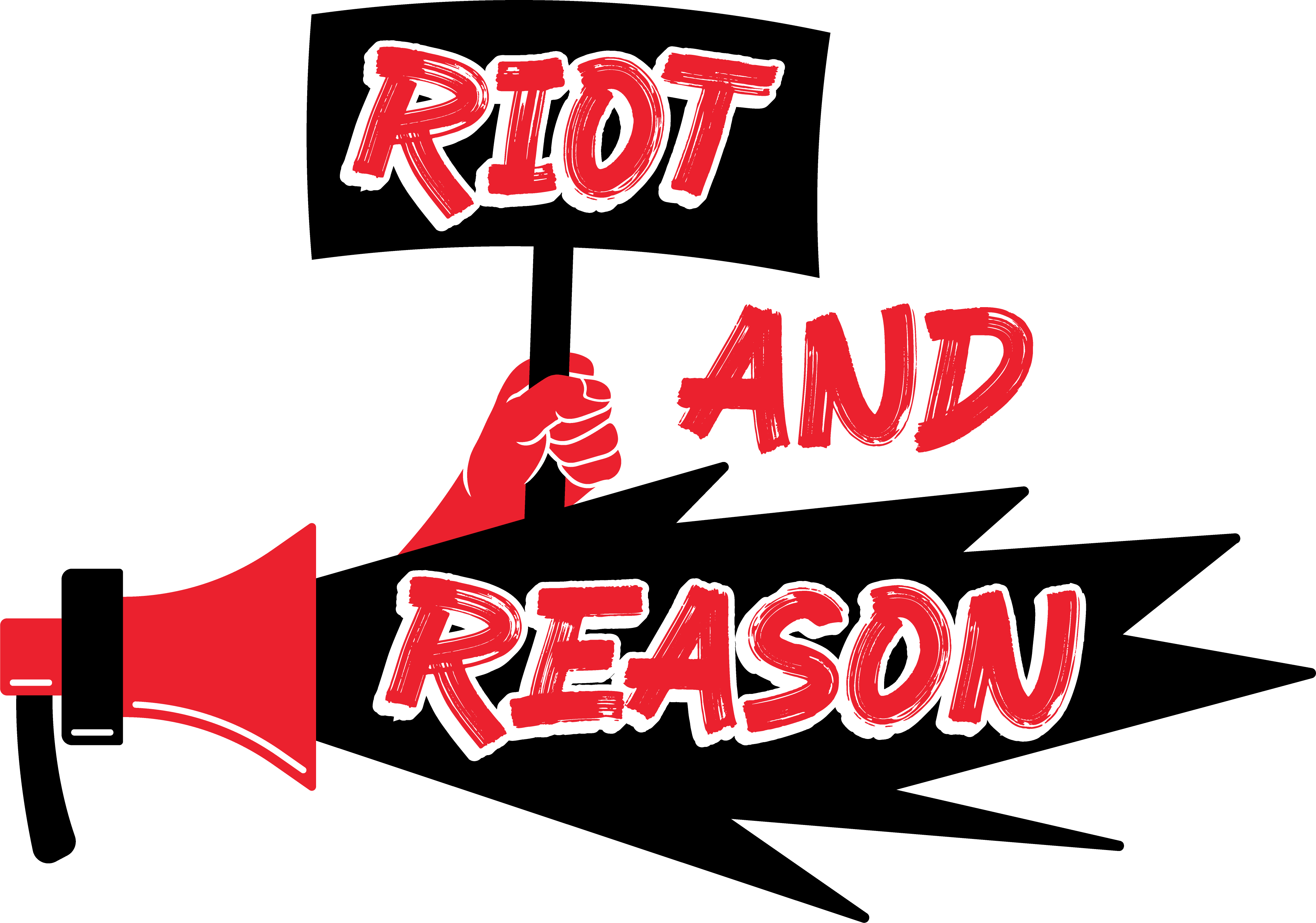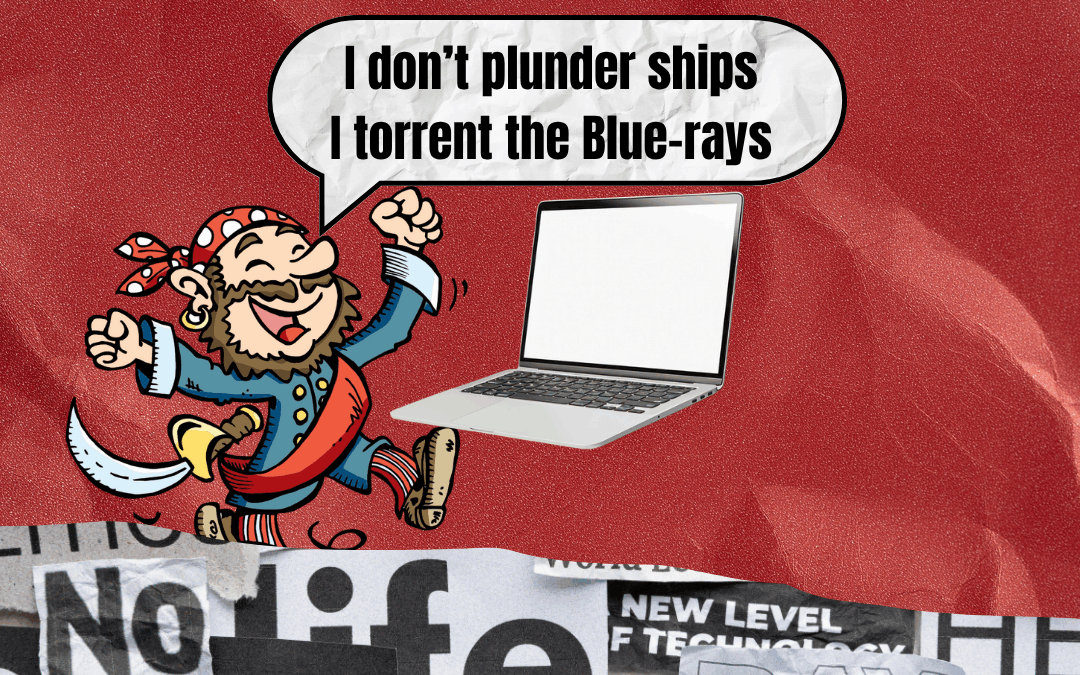
Let’s not sugar-coat it: Housing in the UK in 2025 feels dystopian. Like you’re competing in a brutal hunger games reboot. Except the price is rocket high rent prices that will have you living pay check to pay check and expect you to be grateful.
If you’re aged 18-35, chances are trying to move out is like entering a rigged lottery ticket, where the jackpot is winning a mouldy flat above a chicken shop.
With endless viewings, shady landlords and “sorry, it’s already gone,” replies before you’re even out the door, too many of us are locked out of the property market.
Welcome to the housing crisis, where the market is broken and the system is not working with you but against you, and the only thing rising faster than the cozzie livs is your blood pressure.
How did it get so bad?
Short answer: a combination of insufficient supplies, rising demand, neglect, deregulation and an obsession of housing as an investment, not a basic right.
Long answer: renters have been slowly getting screwed over for decades, but things hit turbo mode post-COVID. The pandemic saw people fleeing cities, landlords selling up and developers stalling new buildings, but when things returned to ‘normal’, demand bounced back, especially in cities while supply remained stuck. Add in rising interest rates which pushed landlord’s mortgages costs higher (and guess who they passed that cost onto?), and we’ve got a pressure cooker situation.
The result? According to the English Housing Survey in 2023-24, private renters from the lowest income group spend 63% of their income on housing in comparison to 17% of private renters in the highest income group. In London, the average rent is now over £2,000 a month. Renters are spending half of their income on housing that’s not just unsustainable, it’s financial sabotage.
Yet again, women have it worse. More specifically – single women. So with most of us not feeling safe walking home, we’re actually less likely to have our own home to go to.
Renters with no rights
One thing is clear: the renting system in the UK is broken by design, under current laws landlords can evict tenants without giving a reason using the infamous section 21 ‘no fault’ eviction. You can be booted out for simply complaining about mould or just because your landlord fancies selling up.
With the housing security for renters feeling like borderline neglect, you’d think the government would have a more progressive take on homelessness. But when our most vulnerable that we are failing to house aren’t even welcomed on the streets, so many of us are stuck in this endless housing cycle with no way out.
While landlords are painted as ‘mum and dad investors,’ 47% of rental properties are owned by landlords with five or more homes. That’s not your nan’s retirement plan, it’s a business empire.
Renters, meanwhile, are expected to provide pristine references, pay ridiculous deposits, and still deal with inhospitable conditions such as; mould, damp, broken appliances and rent hikes that feel like extortion. Do you see the irony? Cause I do.
And what’s worse is the media keeps glamorising this set up, especially for our day-time TV warriors. Why are we romanticising lining the pockets of people with plenty of property when we can’t even get the foundations?
And even for the few of us that can escape the rat race of renting, buying property is a whole other rigged game with another secretive rulebook. You might be able to play, but it seems only landlords and boomers can win.
What now?
It’s not all doom and damp, though. There are ideas floating around that could actually help:
Rent caps: Places like Britain and New York have flirted with rent controls, limiting how much landlords can change or increase rent. Controversial, sure, but maybe worth a shot?
Abolish section 21: The UK government is scrapping section 21 and it’s not a matter of if, but when. As of April 2025 it has already cleared the House of Commons and is being dissected by the House of Lords.
The government has also been trying to speed up house building, but despite being high on their manifesto, they are struggling to deliver. Not completing an election pledge? Hardly surprising. Actually lagging behind the Tories on house building? Beyond embarrassing.
Build more social housing: This one isn’t sexy, but it still works. Give people safe, affordable places to live that aren’t at the ,mercy of the market.
Tax landlords more: If you’re hoarding five homes during a housing crisis, maybe you should be paying more tax than the person renting your flat.
The UK housing crisis is not just a blip, but a symptom of a bigger disease: a system that prioritises profit over real people, hoarding over housing, and landlords over the rest of us. But it doesn’t have to stay this way.
Renting shouldn’t be a luxury, it should be a basic f*****g right. So stay mad, talk to your mates, your MP, your local landlord and demand better because if we don’t raise hell, no one else will.
Click on the link to read more on heinous housing stories.





